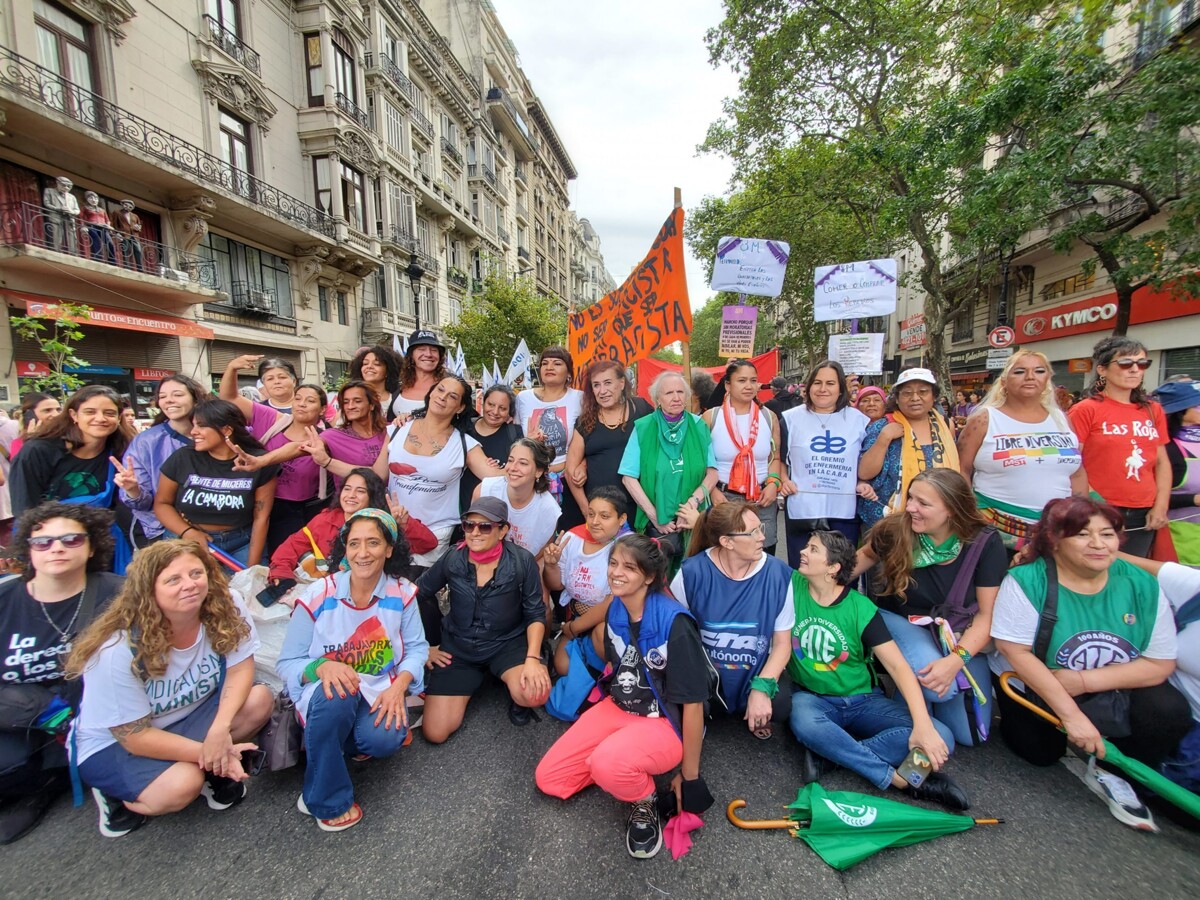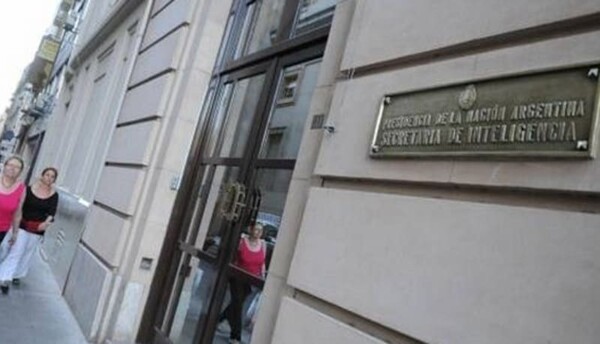
The monitoring of the impact that the non-update of the 2024 budget and the cuts in care policies has allowed us to see that the economic autonomy of women is the adjustment variable,” relates Lucía de la Vega, coordinator of the feminist cross-cutting agenda of Cels. According to the report, of the fifty care policies that existed, only five remain in effect, such as the Brisa Law or the subsidy for a caregiving assistant provided by PAMI. On March 23, the pension moratorium that allowed contributions for those who do not have them will cease, making it difficult for the majority of women and the LGTBIQ+ community to retire.
On the eve of 8M and a new mobilization, the Center for Legal and Social Studies (Cels) reported that care workers were the most affected due to the intention to eliminate care policies and reprivatize them. De la Vega highlights the decree prohibiting hormone treatments and surgeries for minors under 18, despite the law recognizing the progressive autonomy of adolescents.
Regarding older adults, the report shows that only 23% of women aged sixty have more than 25 years of contributions to retire, as the state eliminated 45 support policies. The 2024 cuts particularly impacted vulnerable sectors, including women and dissident identities. Furthermore, the attacks on dissident groups with the dissolution of institutions such as Inadi and the Undersecretary of Diversity are noted.
The drop in real wages in various sectors, such as domestic workers, community workers, and teachers, has been significant. For example, domestic workers have seen their wages reduced by 22%. The report details layoffs in various sectors, such as in the Strengthening Access to Rights Program for Transvestite, Transsexual, and Transgender People.
The current state model caters more to large capital than to the needs and rights of people, leaving many families disadvantaged. De la Vega underscores the economic difficulties people face in accessing care, which affects their quality of life and situations where children are left in the care of their siblings or relatives due to lack of resources. The income gap between men and women, which has increased in recent years, is also highlighted.
In summary, care and inclusion policies have been affected by cuts and adjustments, leaving many sectors of society in precarious situations. This situation, along with the lack of adequate state support, poses significant challenges in terms of equality and equity for various vulnerable groups.














